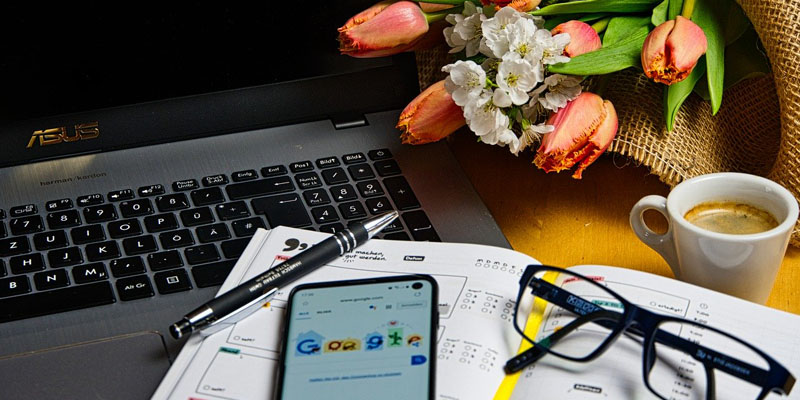
Change Is The Only Constant – Business In The Age Of Covid-19

The way we conduct business is subject to market forces which are themselves evolving at a faster pace than has ever been the case. However, even amidst this rapid change in consumer demographics, buying habits and revolutionary technological advancement sometimes an event transpires that is of such a disruptive nature that the pressure on business to pivot to entirely new paradigm.
This becomes so great that those who do not change their strategies and business models will simply fall prey to competitive forces. Such has become the case with the global pandemic of the Coronavirus which causes COVID-19 and its associated health risks.
As government regulations forced the closure of businesses such as restaurants and retail stores it swiftly became apparent that those businesses would have to explore alternatives ways to service their existing client base in a way that would allow them to at least ride out the closures of their bricks and mortar stores.
The initial intent was to simply make sure that the business enjoyed some turnover that would allow them to service their rental agreements and allow for staff to be paid a portion of their wages and salaries.
The solution for many of these businesses was to turn to a home delivery model. however, in many cases, this model did not provide sufficient turnover to keep the business afloat.
Many restaurants, for instance, rely on customers to take their seats at a table. This allows the restaurant to provide value-added services such as servers and personalized attention from expert advisers such as sommeliers in order to justify the prices that they were charging.
Absent these value-added services it swiftly became clear that they would not survive – especially in high rent areas of global cities.
For fast-food restaurants the transition was easier – much of their income was already being generated from the increasingly popular dine at home trend.
A business sector that experienced boom times when the full impact of self-isolation became apparent was delivery services. These businesses (such as Uber eats) experienced massive growth inorder numbers – and restaurants pivoting to this form of service saw an almost instant spike in sales. However, the question is whether these third-party delivery services will continue to thrive once the need for lockdown/self-isolation comes to an end.
Many restaurants are already considering launching their own bespoke delivery services. Another delivery service that has seen numbers skyrocket is the delivery of alcohol.
The Nielsen figures for the United sates showed that online alcohol sales were up 243 percent in the third week of March as people struggled to cope with the stresses of the lockdown.
The question is whether or not these figures are sustainable and do they indicate a wider trend that affects not only consumables?
If there is a single golden thread that runs through consumer behavior while the Coronavirus wreaks havoc with traditional business models it is the fact that the online environment is the new hunting ground for those businesses that want to thrive both during the ravages of the Coronavirus and beyond.
Even before the Coronavirus disrupted retail the move towards eCommerce was well established. In 2019 global eCommerce sales were worth around 3.5 trillion dollars – it was anticipated that these sales would grow exponentially to total 6.542 trillion by 2023 (according to figures supplied by eMarketer).
The impact of the Coronavirus will force pundits back to their desks to do some drastic recalculations. There is no doubt that business will not be returning to pre-pandemic models even when self-isolation ends.
Far too many people have been exposed to the convenience of an online lifestyle. there is also the fact that there will be a marked reluctance by consumers to venture into crowded spaces for the foreseeable future, which is simply the risk-averse nature of human beings.
Compounding the attractiveness of online sales will be the fact that forward-looking businesses will be sharpening their online offerings. It will be easier and more intuitive to shop online than it has ever been before.
Add to this the fact that payment options will continue to grow in number and flexibility. Online shopping behemoth Amazon will continue to capture market share – and imitators will be snapping at their heels.
The services industry will also be pivoting to an increased online presence. Tourism service providers, for instance, will have to seriously re-evaluate their service offerings, in part due to a revolution in the airline industry which will struggle to reach the heady heights that reached pre Coronavirus. The impact on supply chains will be profound. The advertising industry will now pivot increasingly towards online models.
There is not a single sector within the global business environment that will not be affected by COVID-19. Will this mean a better consumer experience – that is open to debate. However, what is not open to debate is that the world of business is not going to favor those organizations who cannot pivot their strategies to cope with change – and do so extremely quickly. Those that do not will fall by the wayside.
Recent Posts

